"Hungary has remained steadfast on the side of peace. We said that the war should not be continued, but rather, the president of the United States should be supported with the greatest possible effort and energy to make his peace negotiations successful," Viktor Orban stated at the end of the EU summit.
We should be going along with the Americans and aim for peace, not a continuation of war. 26 members have adopted a document on the continuation of the war. It is about the need to strengthen Ukraine so that it can continue to fight, and Hungary, of course, did not support this, because it is completely at odds with our position in favor of peace,
the prime minister said.
Consultative Public Opinion Vote
Viktor Orban explained that in the future, financial assistance from the United States cannot be relied upon. "Enormous figures were being mentioned regarding the amounts that need to be sent to Ukraine in the coming period—partly to keep the country functioning and partly to maintain its army. At the same time, we agreed that we must also spend a lot on strengthening our own militaries. In my view, the financial burden of the aid planned for Ukraine, combined with the costs arising from Ukraine’s potential EU membership, is an amount that the European Union’s economy cannot sustain—nor can Hungary’s economy," he emphasized.
Therefore, we must revisit the issue of Ukraine’s EU membership. A responsible decision cannot be made at this moment. I do not want this decision to be made over people's heads, so I have decided at the end of this debate that we will initiate a consultative vote domestically on Ukraine’s EU membership. We will conduct it in the same manner as the national consultations—quickly and simply. Then we will see,
Orban announced. "We need to know to what extent people are willing to make sacrifices for supporting Ukraine," he added. The PM also noted that U.S. President Donald Trump was right when he said that Europe should spend more on defense. He continued:
First of all, we need to spend more on building our own military capacities and defense capabilities, but at the same time, someone must finance the Ukrainian army, and the Americans will not be contributing to this in the future. This is a huge amount of money. Ukraine’s state must also be financed; otherwise, it will collapse. I believe that this three-part financial burden is simply too much. We cannot afford it—at least Hungary certainly cannot,
he remarked, adding that the sums being discussed are beyond what the European economy, in its current state, can generate.
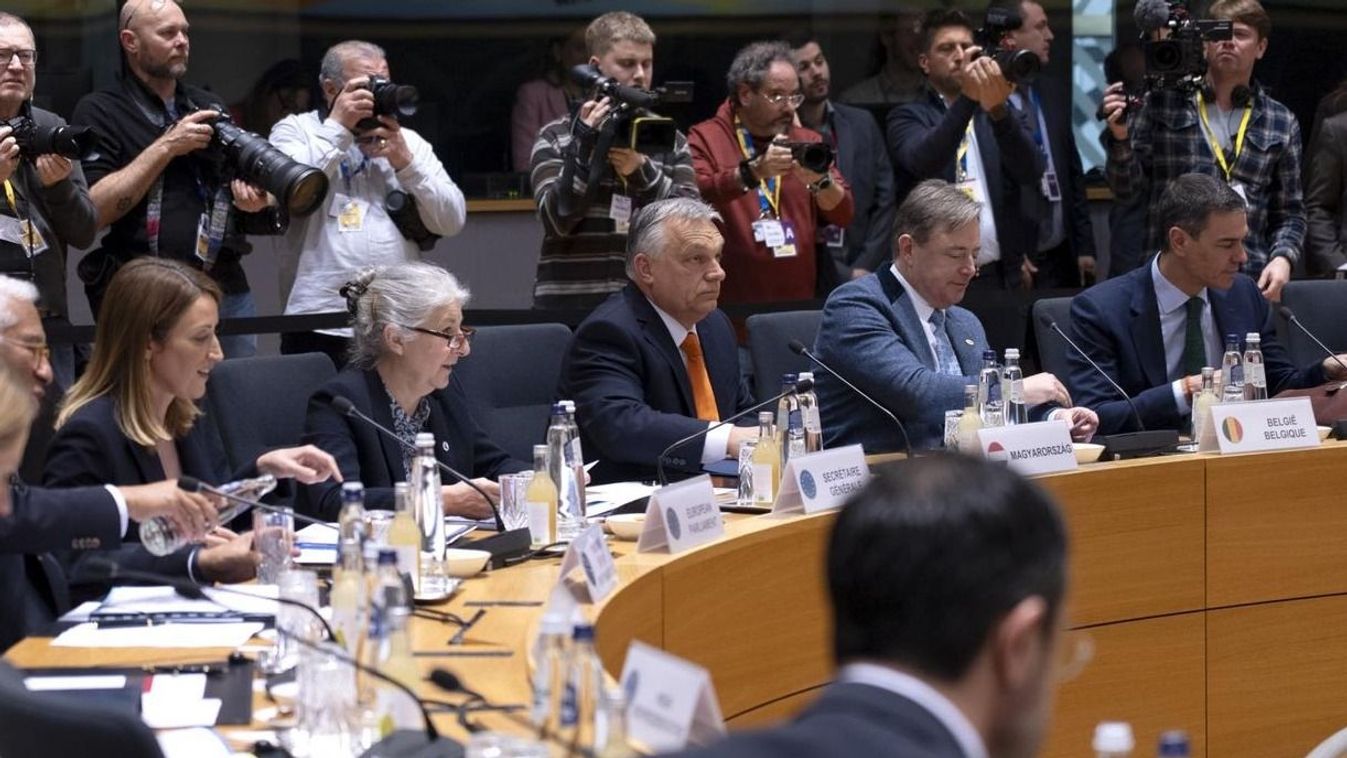
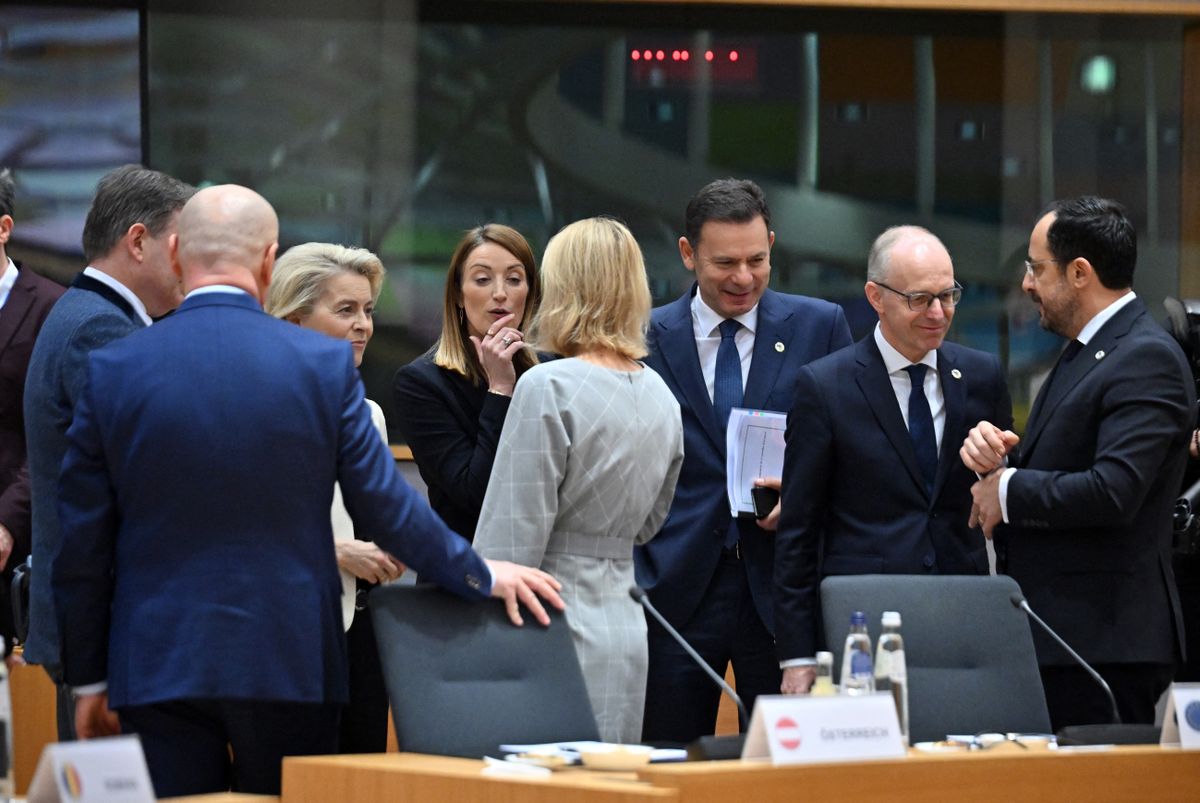

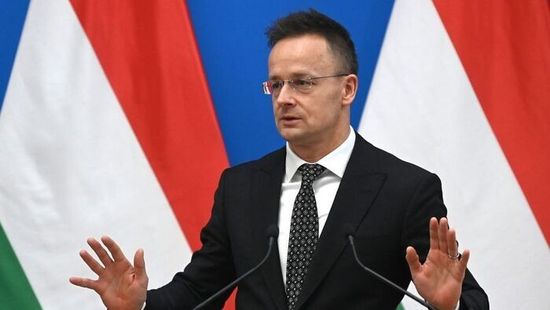

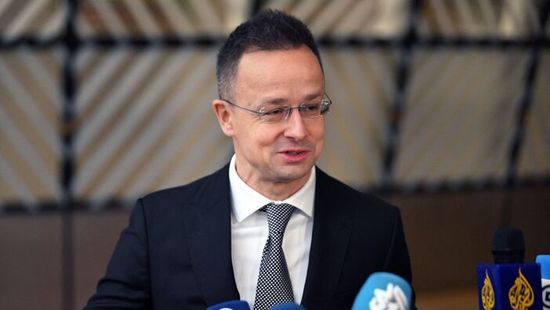

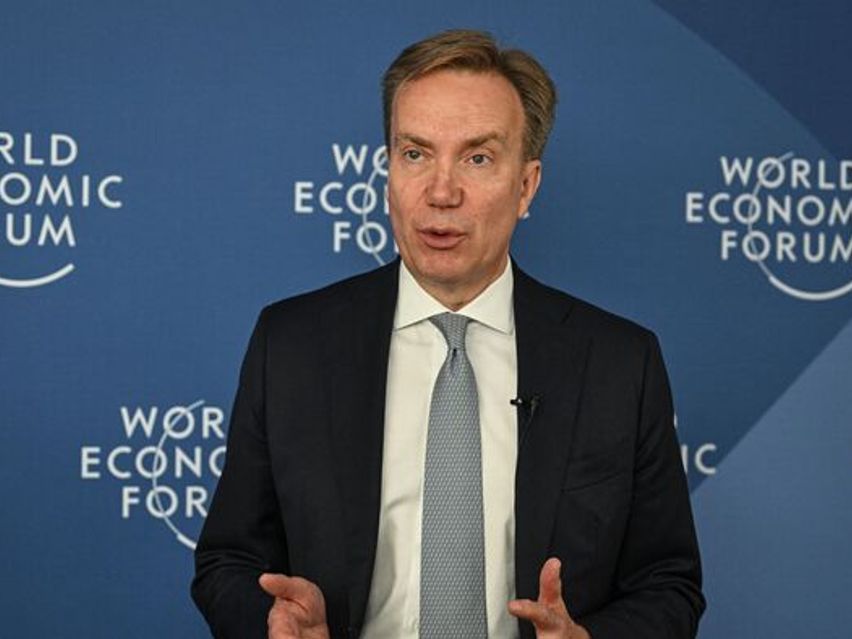
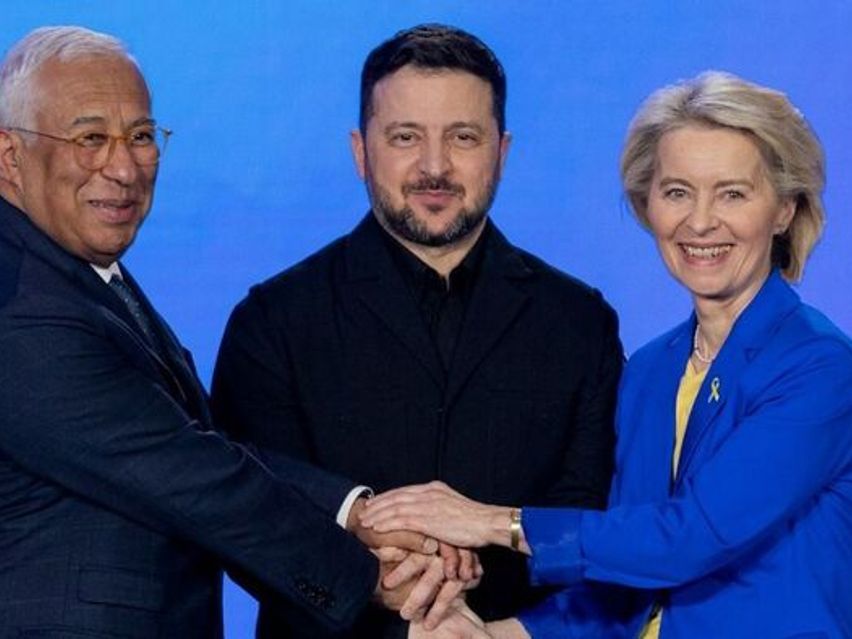

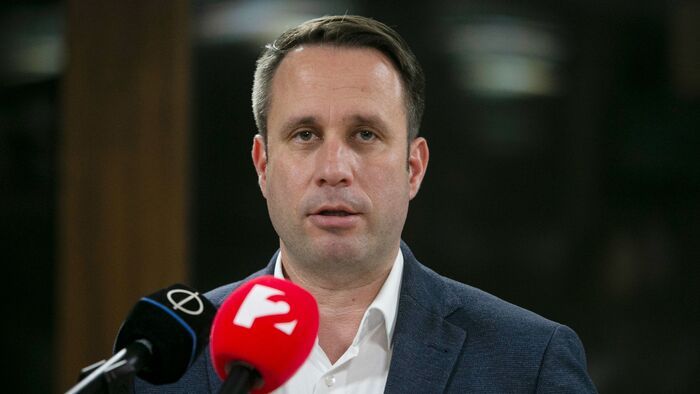

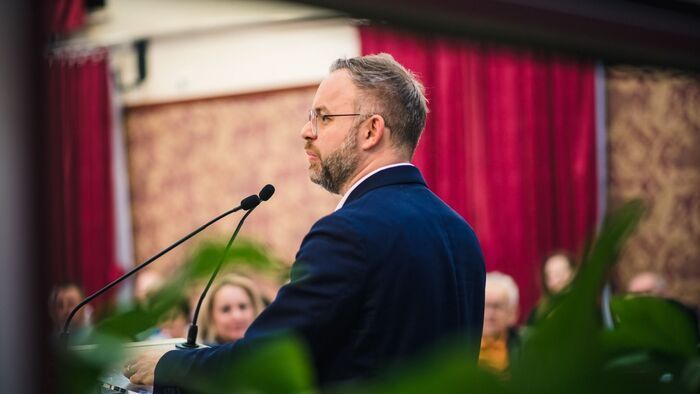
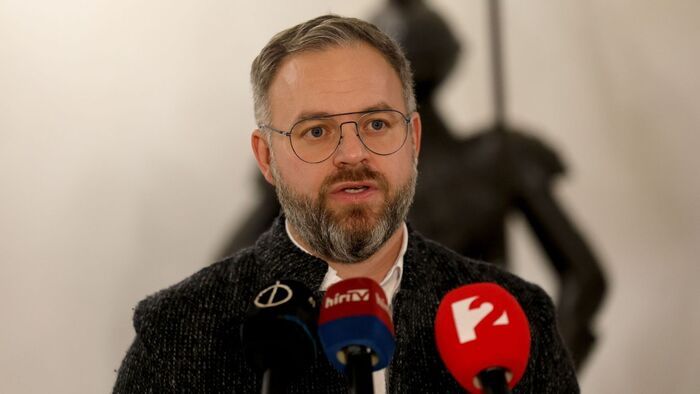
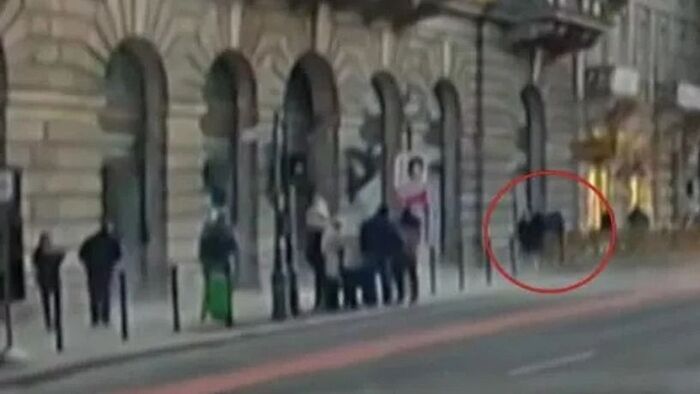
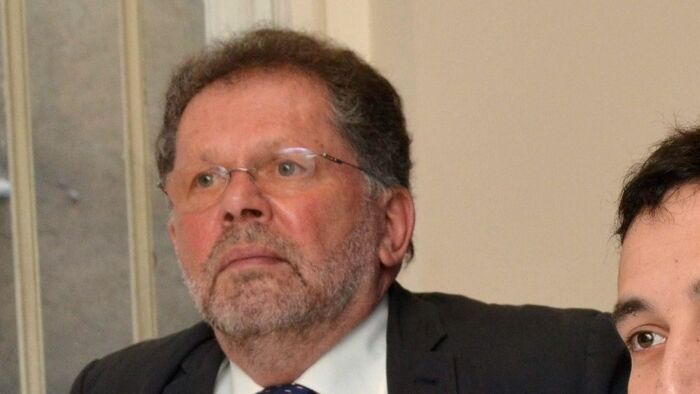

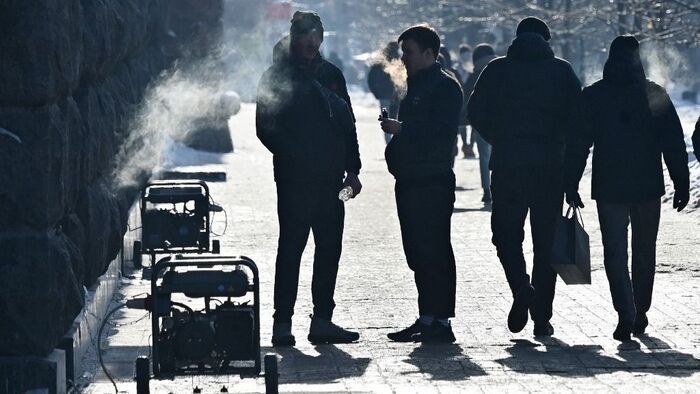
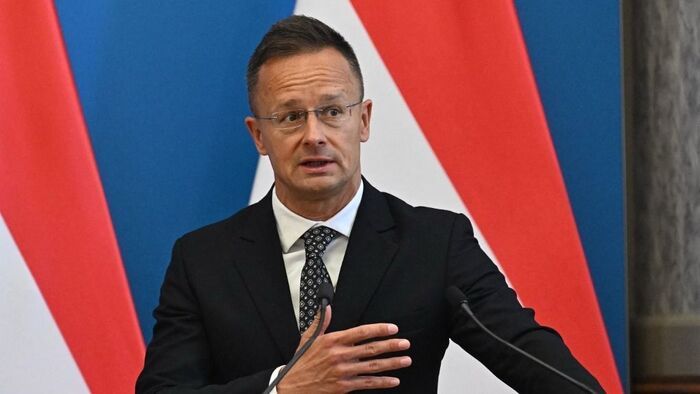

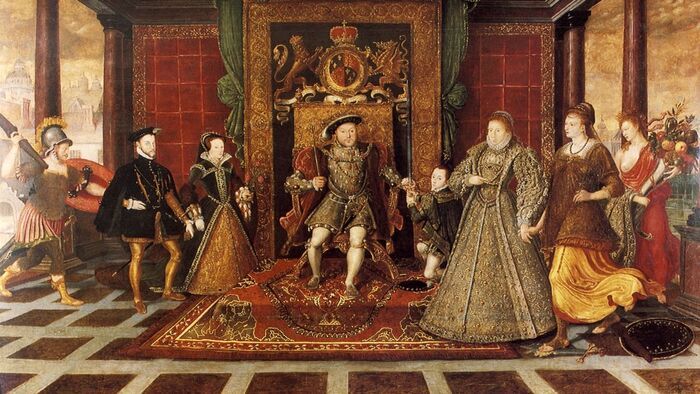
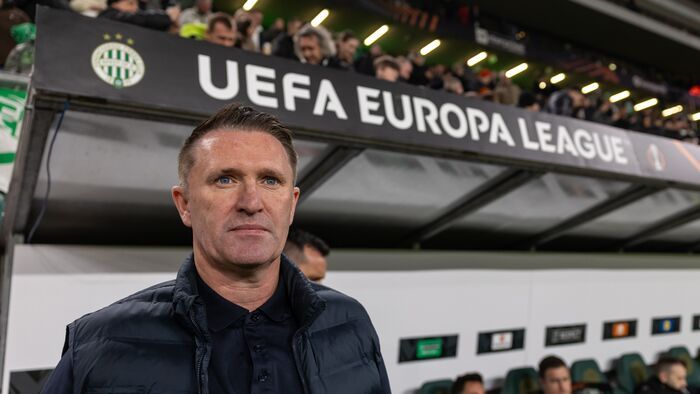

Szóljon hozzá!
Jelenleg csak a hozzászólások egy kis részét látja. Hozzászóláshoz és a további kommentek megtekintéséhez lépjen be, vagy regisztráljon!